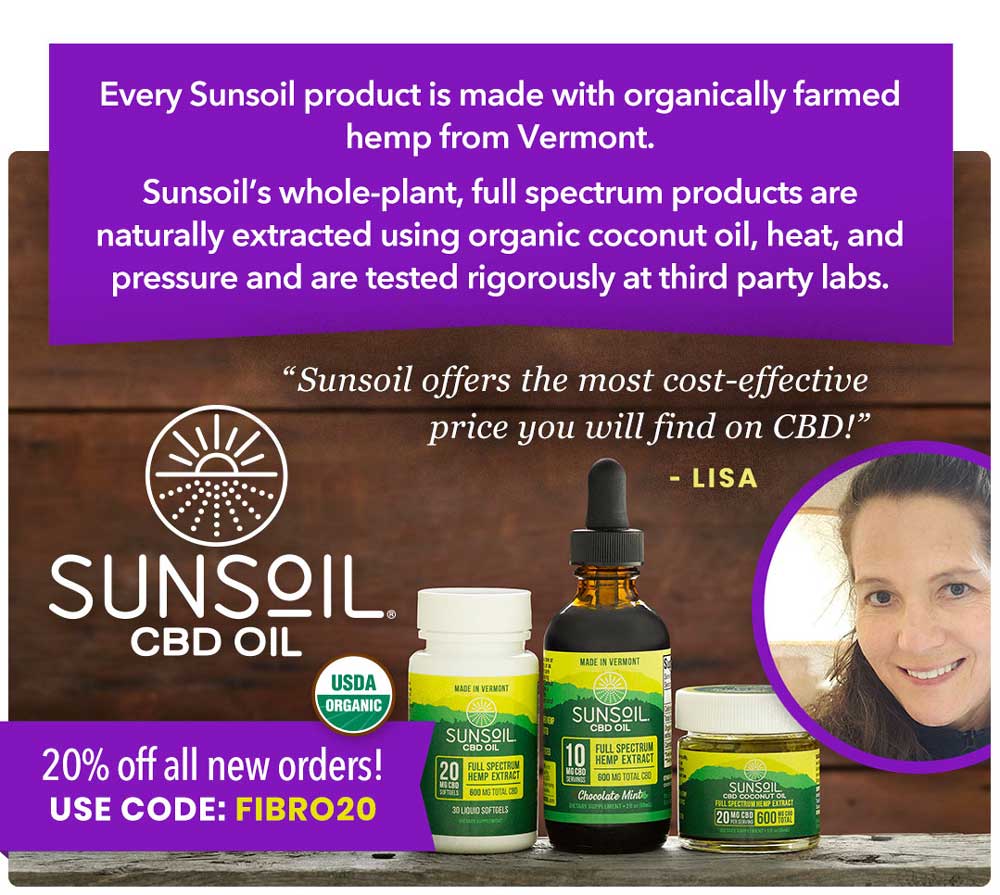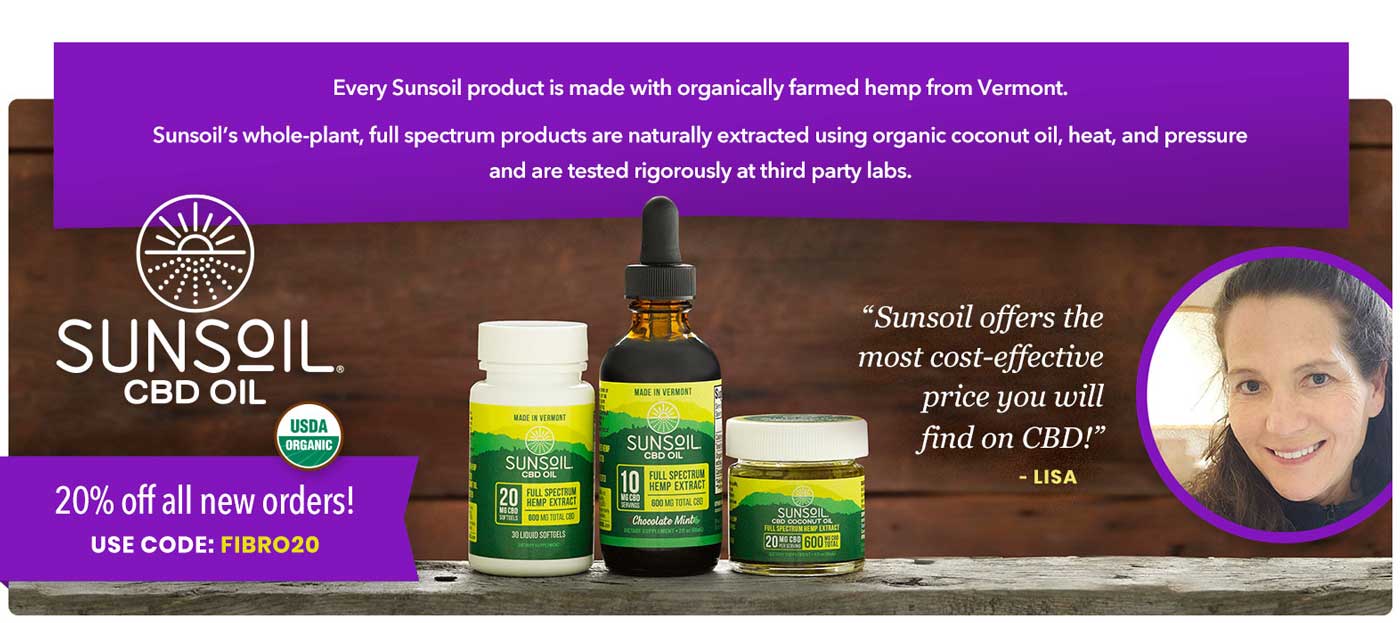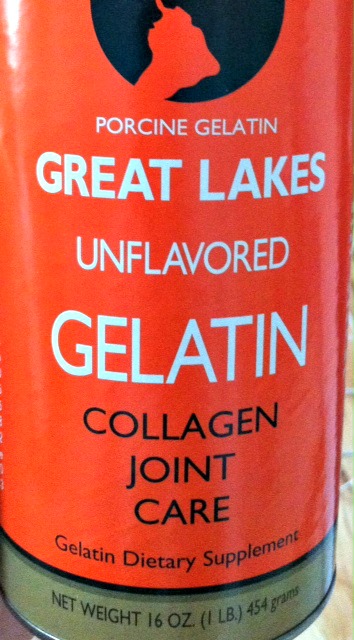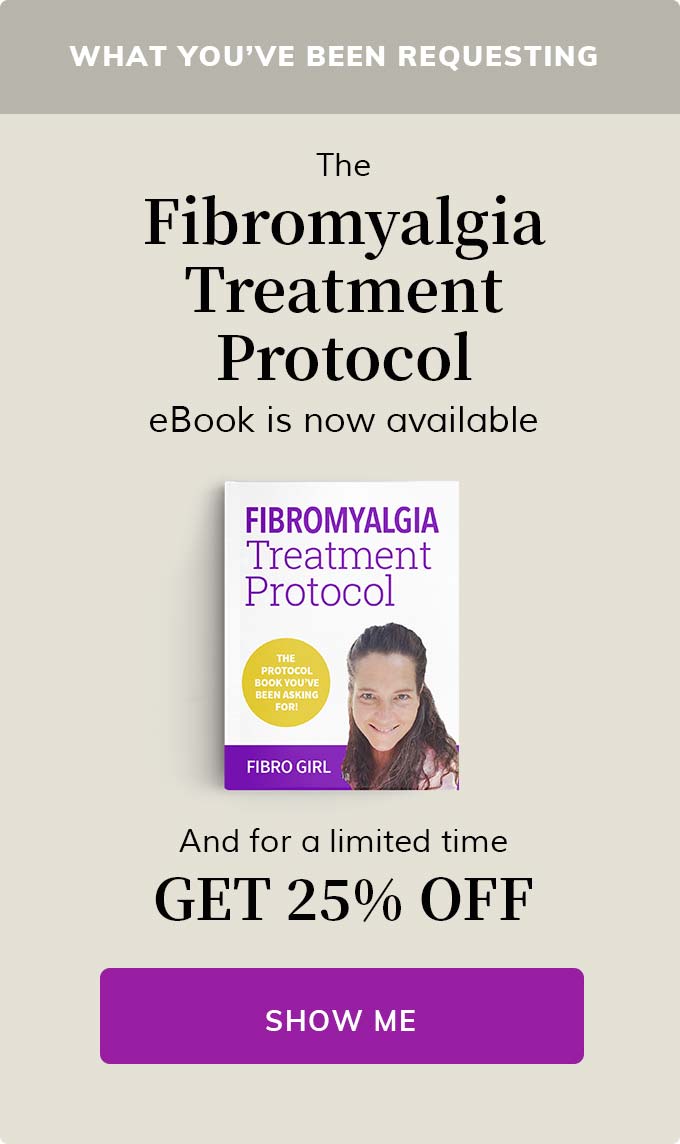JOINT HEALTH AND
FIBROMYALGIA

Joint health concerns are not uncommon for those with fibromyalgia and many have joint involvement of some kind.
Having Rheumatoid Arthritis factors myself, I know how it can feel.
As a practitioner and trainer working with fibro and arthritis factors, it is essential to get creative to keep our bodies as strong as possible.
You might feel arthritis symptoms in some joints more than others, but even with RA, it is not always associated with inflammation.
Research has shown that genetics plays a big role, and about 20% of people with RA, may experience pain without inflammation .
Effectively treating joint issues requires addressing all areas, including diet, movement, emotions, lifestyle, and better sleep strategies.
Joint involvement or joint disease can vary in degree
depending on history, ongoing deficiency and active TRP’s (trigger points) that
can ‘pull’ on and exacerbate the integrity of joints.
In fact, many of the
fibromyalgia tender points and many more TRP’s are located in close proximity to joints used within daily
range of motion such as knee, hip and shoulder joints.
FEELING ALL FLARED UP ?
I often talk about the inflammatory factors in fibromyalgia during our videos, because there is a myth floating around that fibro is not inflammatory.
The key is that no, not all symptoms in fibro are related to inflammation factors, but there are a handful that are.
Those include:
costochondritis, trigger points, and possible neuroinflammation.
And, any
form of arthritis that often accompanies fibro is an inflammatory condition as well
as a perpetuating factor within fibromyalgia.
But as stated above, not all fibro and arthritis factors will include inflammation all the time, in fact, I kind of feel like that word gets thrown around a lot.
Joints, tendons, ligaments, and muscle health
When working to strengthen joints, we are also working on
the surrounding areas including tendons, ligaments and muscle.
For instance, in
osteoarthritis, the joints can become out of alignment through wear, injury,
active TRP’s (trigger points) or inadequate muscle strength.
I like to say that our bodies are meant to move and to strengthen.
But, here's an important point:
The amount of weight someone pushes/lifts during exercise versus another person really has no significance.
It is more about finding the exercises that work for you and being consistent, and that is where we come in, it's what we do.
We focus on all of these issues in our members group.
Osteoarthritis vs Auto Immune Arthritis
In the case of rheumatoid arthritis, the inflammation is
more active due to the body attacking itself as an ‘auto immune’ response.
And, although osteoarthritis is more about wear on joints, or even aging factors, we know that staying as active as possible is good prevention.
Although I work more specifically with fibromyalgia, I also work with seniors, and many of the principles I use, relate to both populations.
In all cases of arthritis, the inflammation, TRP’s,
myofascial constriction and any deficiency need to be addressed.
(See also Fibromyalgia-Trigger-Points for related information.)
Krill oil, a natural source of astaxanthin, suppresses free radicals, can reduce inflammation and enhances mitochondrial function, making this a perfect supplement for fibromyalgia and joint health alike.
Of course, we also partner with SUNSOIL ORGANIC CBD oil, as shown below. I take CBD oil myself, but I never make exaggerated claims.
I do believe it is beneficial for inflammation factors and for help with sleep as well.
ADL’s (Activities of Daily Living) can be more challenging
for people with joint related pain.
We talk often about the differences between
these activities of daily living that can sometimes be detrimental and the
focused exercises that strengthen and create greater agility within the body.
This is an essential reminder.
For example, while leaning down
to clean a bathtub may be nearly impossible with painful joints, participating
in focused exercises can be done by most people.
Safe and effective exercise
As a practitioner and trainer living with and specializing in fibromyalgia, I get it,
I will never tell you to just "go exercise" There's more to it.
Because joint pain can be debilitating, we need to be sure we are keeping our activity safe and effective.
I always recommend using variety in your activities to avoid repetition and stress on joints.
For instance, we use the bike for increasing strength around the knee, but only in short increments, like 3-5 minutes. We also want just enough intensity to get the blood flowing around those joints. Blood flow will help to decrease pain.
For joint health, it is essential to focus on increasing muscle strength
whenever possible. Joints and muscle support each other.
Joints are
strengthened through daily strength applications, starting with body weight
exercises and progressing to light to moderate weight training.
Using weights that strap around the ankle/lower leg area can
be very effective when working to strengthen knees and ankles.
Exercises such as leg lifts or lying on a raised platform using ankle weights can be done safely even for those who cannot get down on the floor. A bed can also be used.
We also use light compression wear around vulnerable areas like the knees, feet (nerve pain) and shoulders. I've used many different brands of compression wear.
Experiment with different compression wear until you find brands that help you and feel comfortable for every day wear.
Compression is essential for increasing blood flow while protecting joints and muscles.
(See also Fibromyalgia Exercise and Treatment-For-Fibromyalgia-Myofascial-Release for related information.)
What about nutritional support for joints?
We have experimented with various remedies for joint
health over the years.
We have found a few that seem to be more effective over long
term use.
Not that anyone can take all of these, the point is to trial and error over time.
- Hyaluronic acid, Strontium, Collagen (Great Lakes brand) Fish
oils, CLO (Green Pastures Cod Liver Oil), Biosil liquid, and FG's Joint Jello as shown below.
- I also like MSM for joints, hair and skin. Although I am not linking one here, as I have found many good brands out there, including Jarrow for MSM.
- Additionally, I use and recommend Boswelia for natural anti-inflammation and respiratory support. The Savesta brand is a good potency.
- Anti-inflammatories such as curcumin, ginger, black cumin
oil ..
- And I especially like Krill Healthy Joint Formula by Life Extension.
Collagen supplements (I find the liquid form better than powder) but take what works for you. Although there is research showing collagen supplements are of little support, I do believe good absorption is also key.
Krill oil, a natural source of astaxanthin, suppresses free radicals, can reduce inflammation and enhances mitochondrial function, making this a perfect supplement for fibromyalgia and joint health alike.
Is eliminating gluten helpful for joints?
We occasionally address this topic in our videos.
Is gluten a bad thing for joint health?
Well, it could be.
Of course, not everyone needs to eliminate gluten from their diet. But if you have persistent joint pains, skin conditions, poor digestion, and you eat gluten regularly, it might be worth trying an elimination of gluten to see if you notice a difference.
I would give yourself at least 4-6 weeks time off of gluten to see if that is an issue.
My Joint Jello recipe For Joint Health
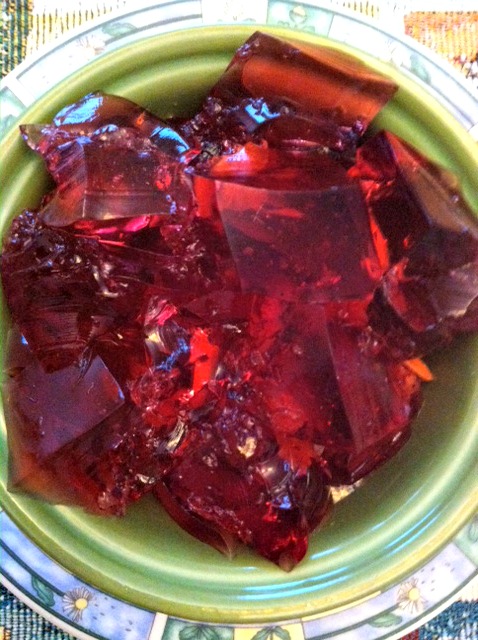
Do you want an easy and fun way to get heal-thy collagen into your diet? How about a healthy jello that tastes good and helps to nourish not only your joints, but skin, hair and nails as well..
This jello recipe can be made as low glycemic as needed OR
with full strength juice, depending on your dietary needs.
This recipe is a lower
glycemic version to keep the natural sugar content low.
Lisa's Joint Jello Recipe:
-Simmer one cup of juice liquid (1/2 tart cherry OR cranberry juice,1/2 water) on stove in small pot.
-Add one Tbsp. of Great Lakes gelatin and stir until dissolved.
-Add one more cup of cold juice liquid.
-Add up to 1/4 cup diced or grated organic orange peel or carrot.
-Stir again and pour into glass pan or ice cube trays and put into refrigerator for at least three hours to gel.
Enjoy and share with other family members.. we can all benefit from healthier joints and better sleep as well!!
The Oska for cellular healing
We have been using the Oska for just over two years now, and it has become another tool in our toolbox.
Check out the Oska if you haven't yet.
Top of this article right under navigation bar. The Oska Wellness company is giving our followers 55.00 off and a 30 day money back guarantee.
Oska works at the cellular level on joints, muscle pain, tendons, ligaments.
It heals more on a cellular level. In fact, it was first used on animals to heal joint/bone issues.
It is also not a tens unit which does not heal on a cellular level.
Use code 55OFF at checkout for discount.
At least give it a try if you have both fibro and osteo pain.
Check out the files and testimonies at www.oskawellness.com
What about the power of
butter oil and fermented cod liver oil?
Green Pastures Fermented Cod liver oil with butter oil is a powerful combination for the body and joints.
Our skeletal system is the 'foundation' of our bodies.
Everything we put into our bodies must go through the process of digestion and this can affect bone and joint nourishment.
How and when we sleep also affects the integrity of our bones and joints; create a lifestyle that supports this foundation while supporting a more functional life with fibromyalgia at the same time.
Visit our other related articles by using the Sitemap below end of article, and follow this link to the fitness page, Fibro Fit People if you like.
Lisa. CT. PT.
Before you leave, my sitemap can provide you with a "God's-eye" view of this website laid out in "outline format".
Stay connected by joining our unique Email here at Fibro Repair Email
HOME > Fibromyalgia Exercise > Joint-Health
Didn't find what you were looking for? Search for it:
living-smarter-with-fibromyalgia.com
©2013-2024 All Rights Reserved
FibroFitPeople, LLC ;©2024 All Rights Reserved
